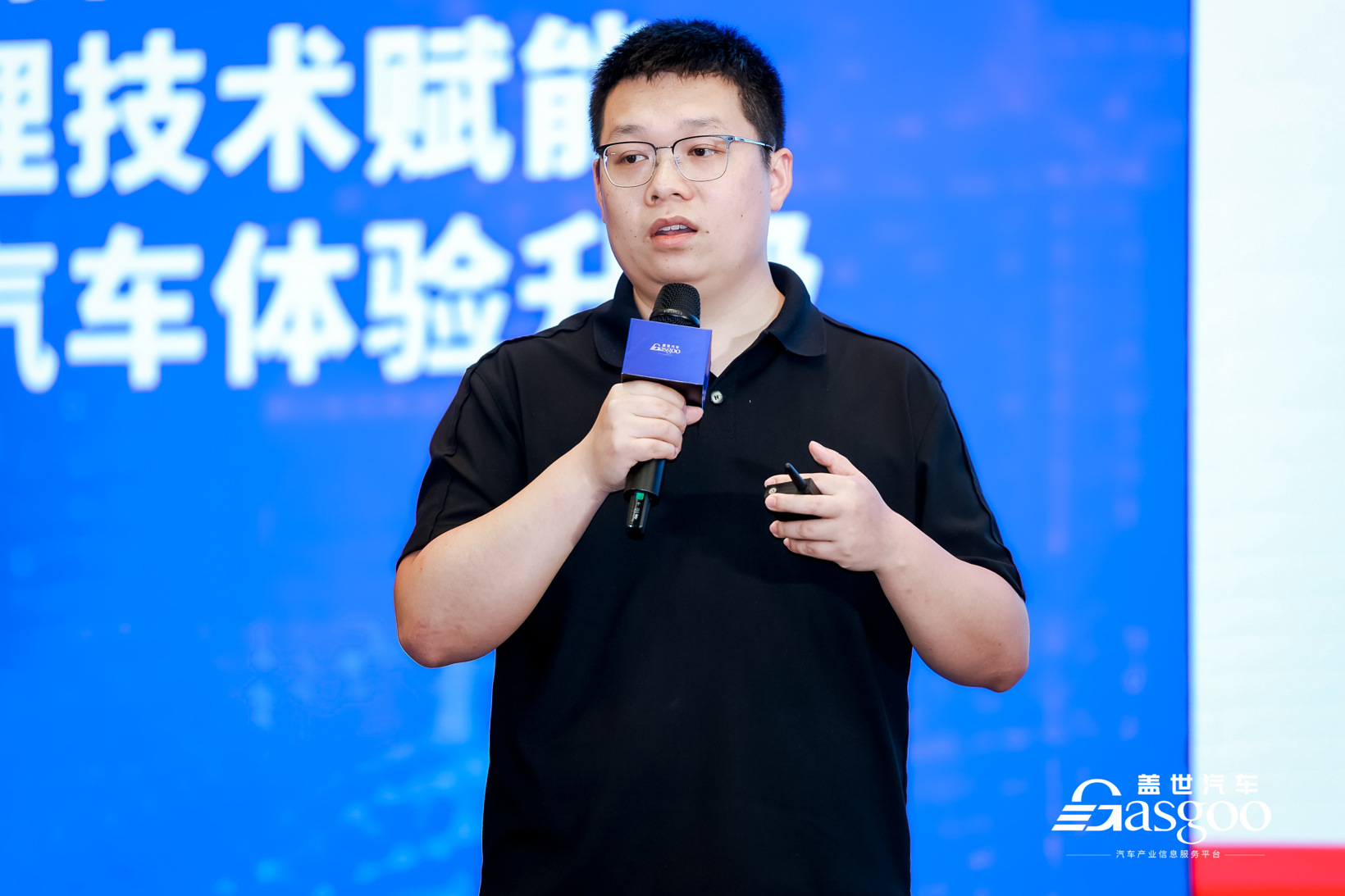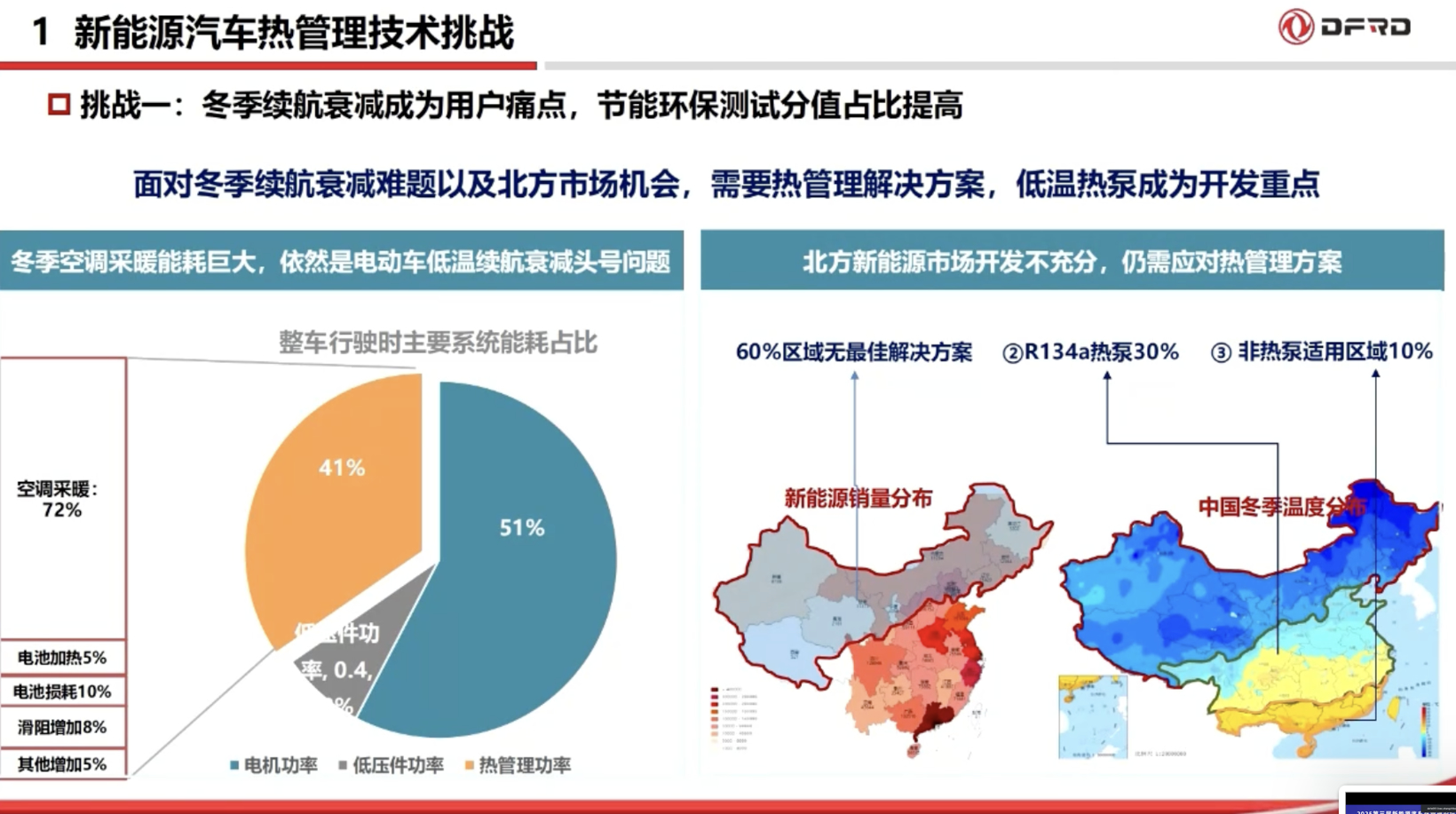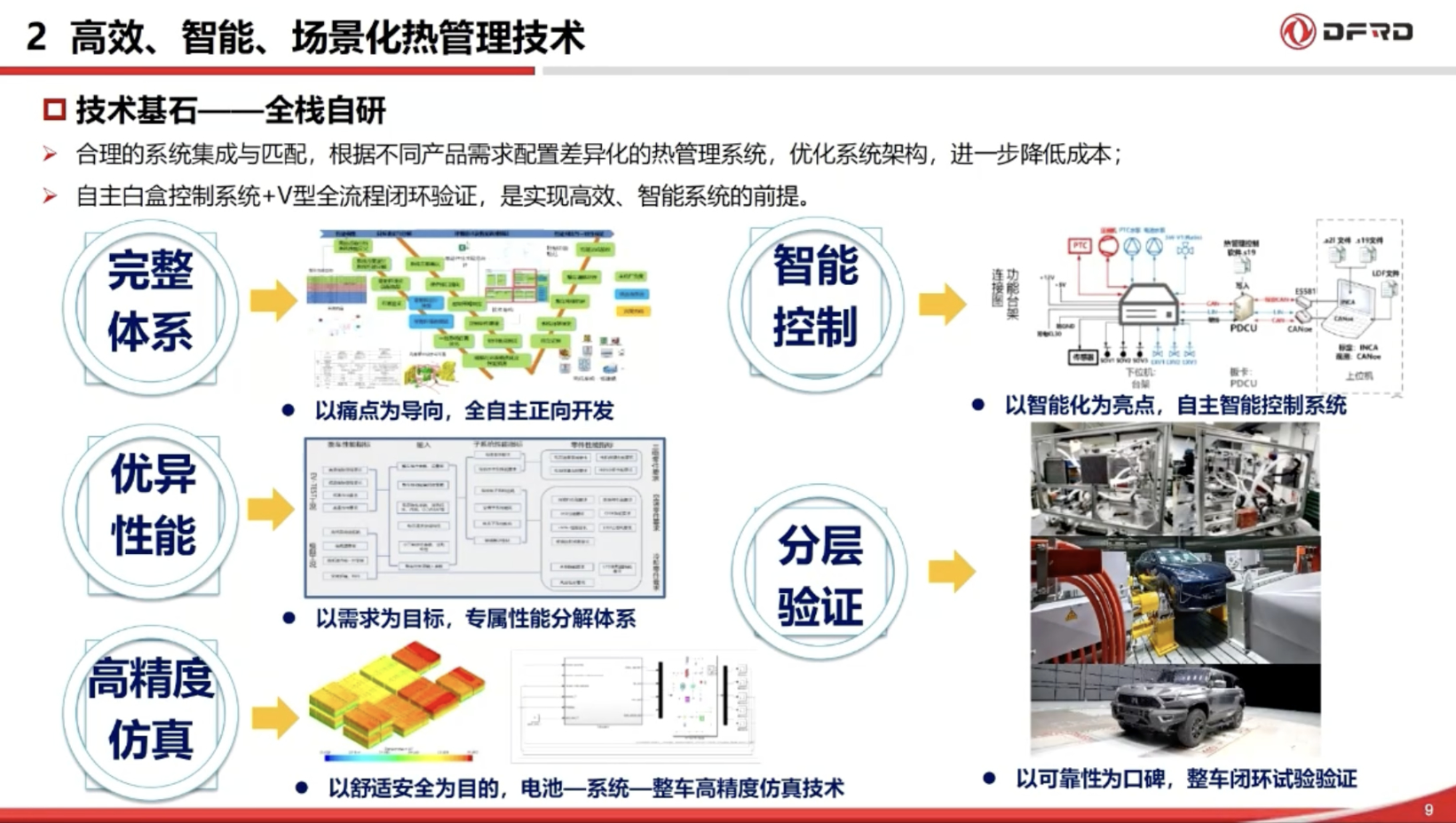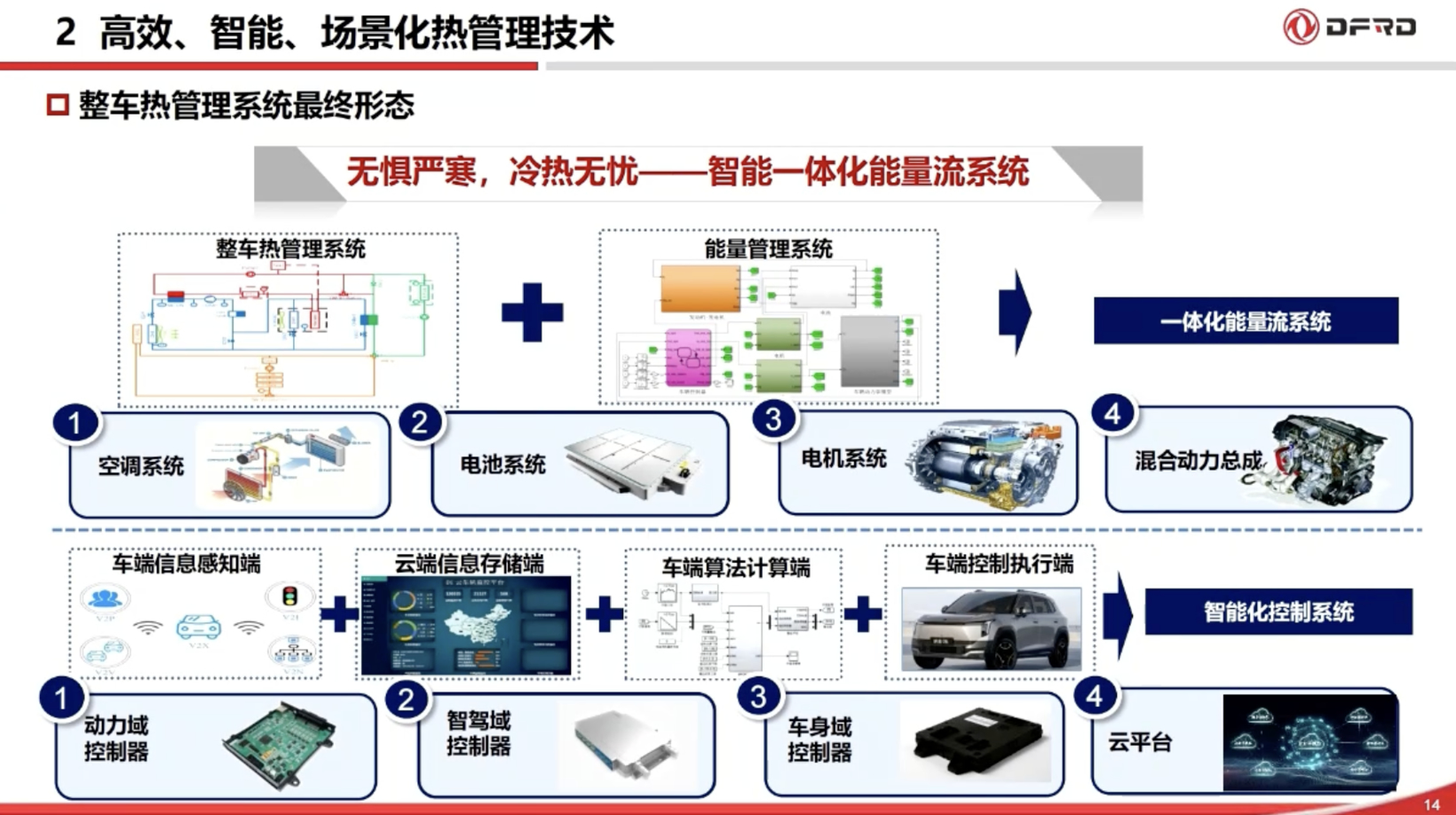On June 18, 2025, at the Third New Energy Vehicle Thermal Management Forum, Xu Renhe, Director of the Aerodynamics and Thermal Management Research Center at Dongfeng Motor Corporation, pointed out that with the rapid development of the new energy vehicle (NEV) industry, winter range reduction has become a major pain point for users. He emphasized the urgent need to balance performance demands and cost pressures. Xu introduced Dongfeng's specific practices in thermal management technology, highlighting breakthroughs in core technologies such as integrated thermal management systems (TMS) suitable for super-fast charging and ultra-low temperature CO2 heat pumps, achieved through a fully self-developed stack system. He envisioned the future development direction of thermal management technology, suggesting that high efficiency, real-time intelligence, and personalized solutions will be key trends. He proposed three critical directions for efficient thermal management solutions: intelligent control and scenario-oriented development.
Challenges in Thermal Management Technology for New Energy Vehicles
Currently, new energy vehicles have become a focal point in industrial competition among nations, with various national industrial policies playing a significant role in the development of the NEV industry. In the context of carbon neutrality, the new energy vehicle industry is expected to be nurtured as a new strategic pillar industry in China, where domestic brands have a first-mover advantage. However, the industry faces numerous challenges, notably the issue of winter range reduction, as well as challenges related to charging and heating systems. Statistics indicate that winter range reduction ranks among the top three complaints from electric vehicle users, alongside low residual values and discount promotions, which are non-technical factors.
Moreover, many evaluation institutions are continually adjusting their assessment criteria to increase the emphasis on temperature adaptability in their evaluations. Mainstream media and consumers closely monitor not only the data released by evaluation institutions but also the winter and summer evaluations conducted by platforms like Dongche Di.
The second challenge is balancing performance needs with cost pressures. As configurations of new energy vehicles continue to upgrade, this has a significant impact on manufacturers. For instance, panoramic roofs and in-car refrigerators are becoming increasingly common, and the demand for longer range and higher charging rates is driving up the requirements for thermal management systems to effectively lower the temperature of related components.
Additionally, the development of intelligent trends prompts manufacturers to explore ways to enhance the control capabilities of thermal management systems. However, the intensifying price war raises concerns about the cost increases associated with the complexity of the systems, which is becoming difficult for manufacturers to absorb. Finding ways to reduce costs while ensuring performance remains a pressing issue.
Regarding the next-generation refrigerant selection, options like R290, CO2, and mixed refrigerants are all potential candidates, but determining the optimal refrigerant will require time and market decisions. Dongfeng is currently advancing multiple technological research routes. Since 2019, Dongfeng has gradually conquered key technical nodes in self-developed thermal management systems, achieving forward development, with mainstream manufacturers now establishing a complete system covering design, matching, control calibration, and development.
In addressing the winter range issue, manufacturers have developed a forward decomposition system with clear requirements for energy consumption, battery performance at low temperatures, and insulation. Currently, under -7°C conditions, manufacturers can generally control the range reduction rate to about 30%. To further reduce this rate, higher requirements must be set for electric drive systems, transmission systems, and tires.
In summary, the future thermal management systems should be efficient across the board, real-time intelligent, and personalized. Key focus areas will include high-efficiency thermal management solutions, intelligent control utilizing V2X systems, and scenario-oriented development to enhance user experience under extreme climate conditions.
Dongfeng Automotive Highlights Challenges and Innovations in Thermal Management for New Energy Vehicles

Images



Share this post on: